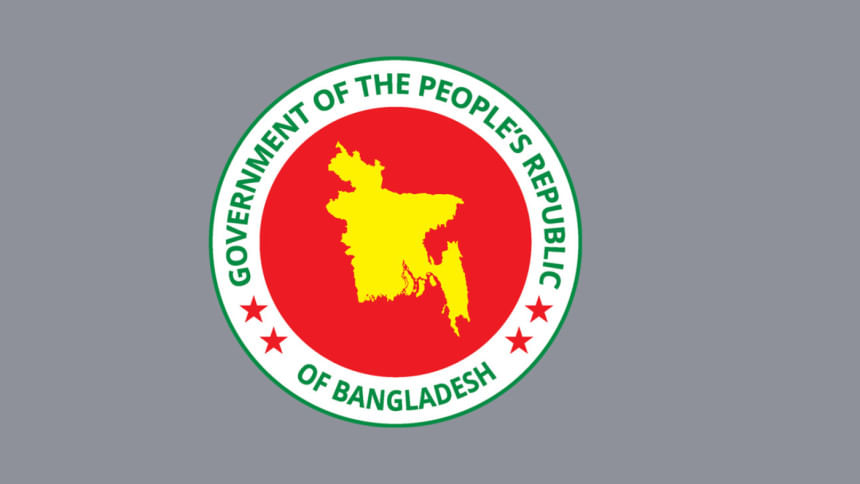Govt may cut growth target, reset inflation goal

The government is considering lowering the economic growth target and raising the inflation goal for the current fiscal year 2025-26 (FY26).Following a review of the latest economic conditions, the Finance Division has proposed trimming the GDP growth target from 5.5 percent to 5 percent, according to a finance ministry official present at a meeting of the Fiscal Coordination Committee on budget matters yesterday.The session, chaired by Finance Adviser Salehuddin Ahmed, comes amid concerns...
The government is considering lowering the economic growth target and raising the inflation goal for the current fiscal year 2025-26 (FY26).
Following a review of the latest economic conditions, the Finance Division has proposed trimming the GDP growth target from 5.5 percent to 5 percent, according to a finance ministry official present at a meeting of the Fiscal Coordination Committee on budget matters yesterday.
The session, chaired by Finance Adviser Salehuddin Ahmed, comes amid concerns over the economy's resilience in the face of domestic and external pressures flagged by multilateral lenders recently.
In its latest World Economic Outlook, the International Monetary Fund (IMF) lowered Bangladesh's GDP forecast for FY26 to 4.9 percent, down from its June projection of 5.4 percent.
The IMF report cited political uncertainty, a tighter policy mix, rising trade barriers, and vulnerabilities in the banking sector as key constraints.
Earlier, the World Bank projected 4.8 percent growth, while the Asian Development Bank (ADB) estimated 5 percent for the current fiscal year, reflecting a consensus that economic momentum is slowing.
Alongside growth, inflation expectations are being recalibrated. The Fiscal Coordination Committee has proposed raising the inflation target to 7 percent, above the 6.5 percent set out in the finance adviser's budget speech.
This adjustment reflects the 12-month average inflation of 9.22 percent recorded in October and aligns with projections from the IMF and World Bank, both of which expect consumer prices to exceed 8 percent by the close of FY26.
Fiscal adjustments are also on the table. The government is reportedly considering a Tk 20,000 crore reduction in the national budget, with the Annual Development Programme (ADP) absorbing the majority of the cuts due to extremely poor implementation.
The ADP, which accounts for Tk 230,000 crore of the total Tk 790,000 crore budget, has seen only Tk 10,490 crore disbursed so far.
Officials at yesterday's meeting reportedly noted concerns about the pace of execution, prompting discussions on reallocating resources towards the non-development budget to maintain fiscal balance.
According to the finance ministry official, the government will now prepare a revised budget draft, though final approval is expected in March, after the new government assumes office following the general election slated for February.
Discussions also touched on the upcoming fiscal year, with indications that the first budget of the new administration could increase by Tk 100,000 crore, as the new administration is expected to prioritise public investment to boost overall growth.
The meeting also discussed the implementation of the pay commission's recommendations. Officials suggested deferring action in this regard until the next government takes office, leaving the final decision to the incoming administration.